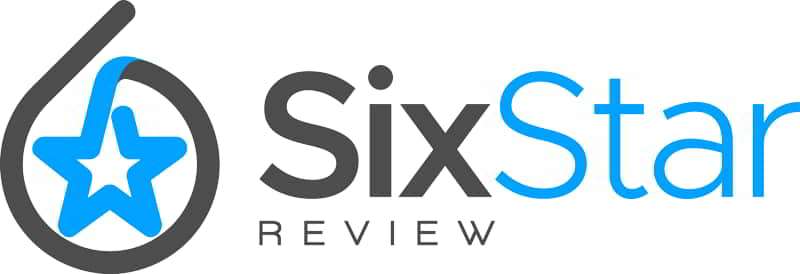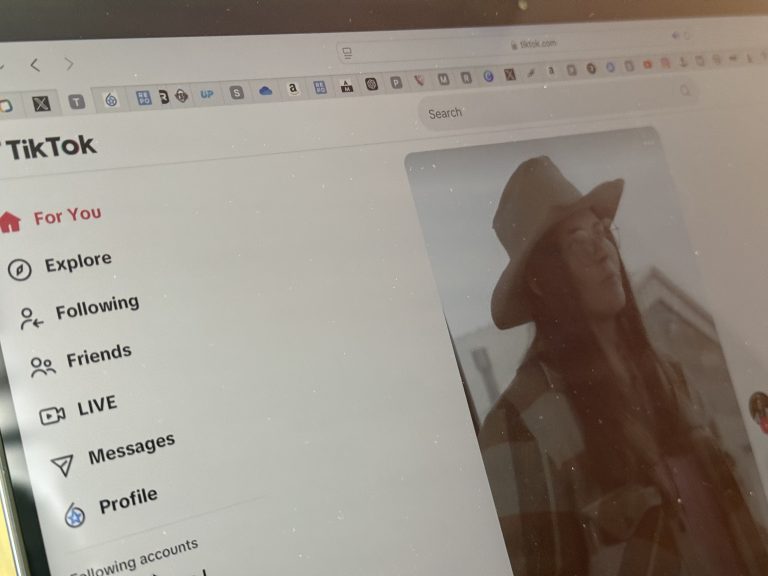This Sunday, January 19, 2025, TikTok is set to shut down its operations in the United States. This marks a significant development in the ongoing battle over digital privacy, national security, and the role of foreign-owned tech companies in America. For millions of users and content creators, the closure of TikTok—a platform synonymous with viral trends, creative expression, and a vibrant global community—represents both a cultural and technological shift.
A Look Back at TikTok’s Meteoric Rise
TikTok’s journey began in 2016 when ByteDance, a Beijing-based technology company, launched the app. The platform quickly captured attention with its algorithm-driven feed of short, engaging videos. By 2018, ByteDance acquired Musical.ly, merging its features with TikTok to solidify its presence in the U.S. market. What started as a platform for lip-syncing and dance challenges soon evolved into a multifaceted ecosystem for comedy, education, and activism.
Today, TikTok boasts more than a billion active users globally, with approximately 170 million in the United States alone. Its influence on popular culture and its role as a marketing powerhouse are undeniable. However, TikTok’s success also brought intense scrutiny, particularly from the U.S. government.
Ownership and Controversies
At the heart of TikTok’s troubles is its ownership. ByteDance’s ties to China have raised alarms among U.S. lawmakers and security agencies. Critics argue that TikTok’s data collection practices pose a risk of user information being accessed by the Chinese government. ByteDance has repeatedly denied these allegations, emphasizing its commitment to protecting user data and maintaining operational independence.
Despite these assurances, tensions escalated. The Trump administration initially called for ByteDance to divest its U.S. operations, a stance continued under the Biden administration. Efforts to broker a sale to an American company, such as Oracle or Walmart, have faced legal and logistical challenges, leaving the app’s future in limbo.
The Legal Fight and Looming Ban
In recent months, TikTok has found itself at the center of a legal battle over its right to operate in the U.S. The U.S. government’s ban cites national security concerns, while TikTok argues that such measures infringe on First Amendment rights and limit freedom of expression for millions of Americans. Despite its efforts to appeal, the U.S. Supreme Court’s decision to uphold the ban has sealed the app’s fate—at least for now.
How Will This Impact Users?
Starting January 19, U.S. users will no longer be able to access TikTok’s services. The app will be removed from app stores, preventing new downloads and updates. Current users are encouraged to download any content they wish to save before the shutdown.
For creators, the loss of TikTok is particularly devastating. Many have built careers and communities on the platform, leveraging its reach to connect with audiences and monetize their content. While alternative platforms such as Instagram Reels, YouTube Shorts, and emerging competitors may fill the void, the unique algorithm and culture of TikTok will be difficult to replicate.
Broader Implications for the Tech Industry
TikTok’s exit from the U.S. market is expected to create opportunities for competitors. Companies like Meta (the parent company of Facebook and Instagram) and Alphabet (owner of YouTube) stand to benefit, as they attract displaced users and advertisers. However, the ban also sets a precedent for how governments can regulate and restrict access to foreign-owned technology platforms.
From a geopolitical perspective, the TikTok saga highlights the growing tension between the U.S. and China in the realm of technology and data governance. It also raises questions about the balance between security and freedom in a globalized digital economy.
What’s Next?
While TikTok’s U.S. chapter may be closing, the story is far from over. ByteDance could explore restructuring or selling its U.S. operations in the future, potentially paving the way for a return. For now, users, creators, and businesses must adapt to a TikTok-free landscape.
The shutdown serves as a reminder of the fragility of digital platforms and the complex interplay of technology, politics, and society. As the digital world evolves, so too will the challenges and opportunities that come with it.










